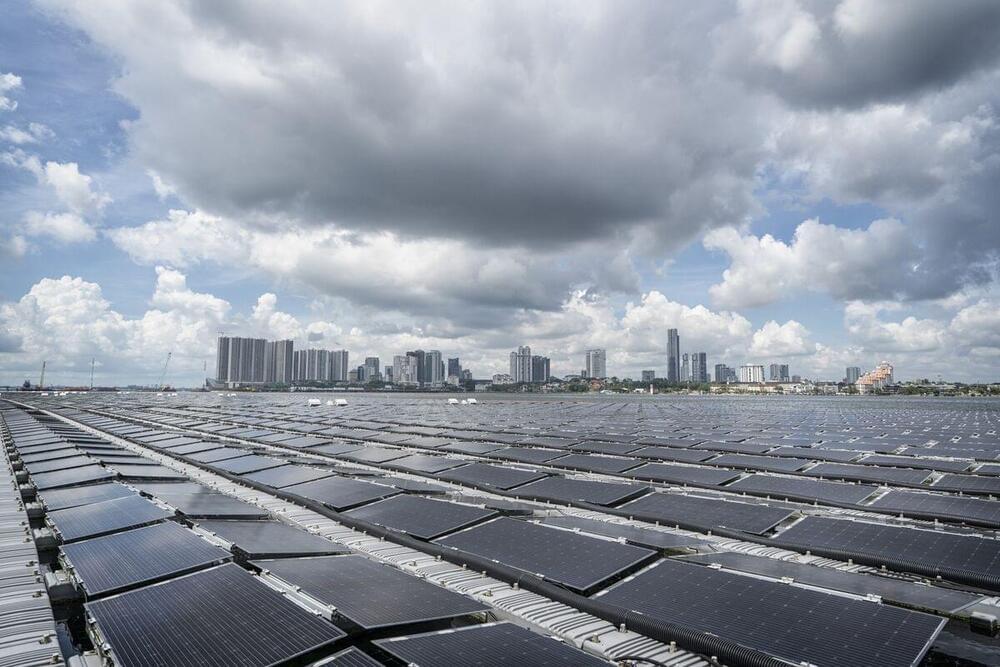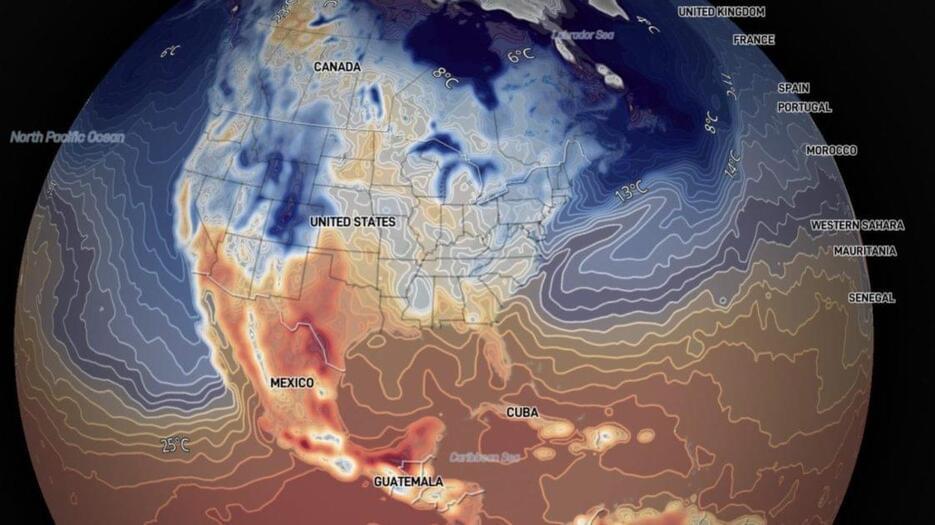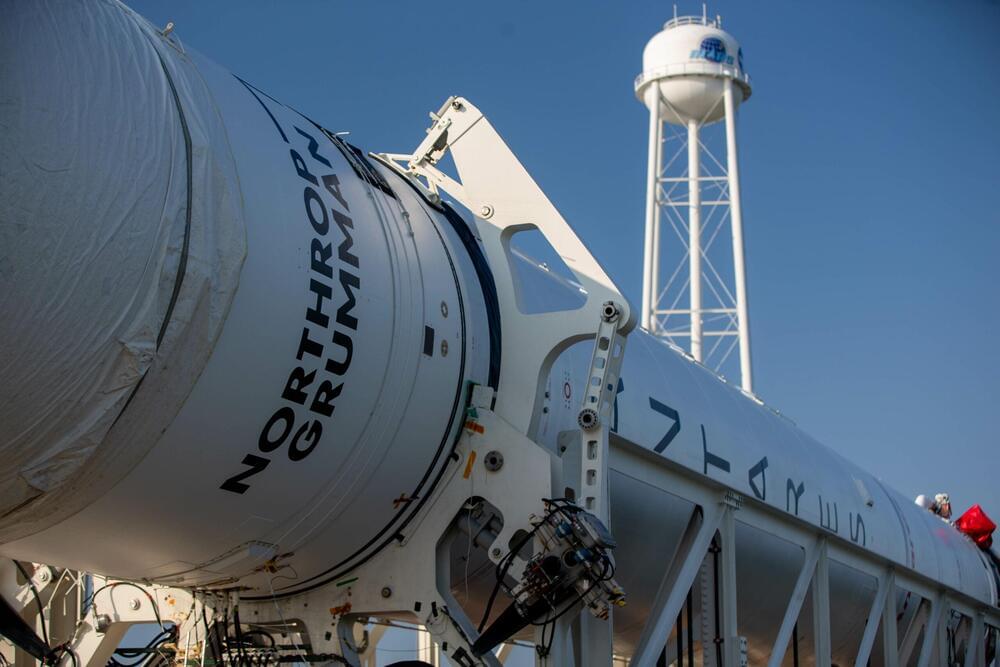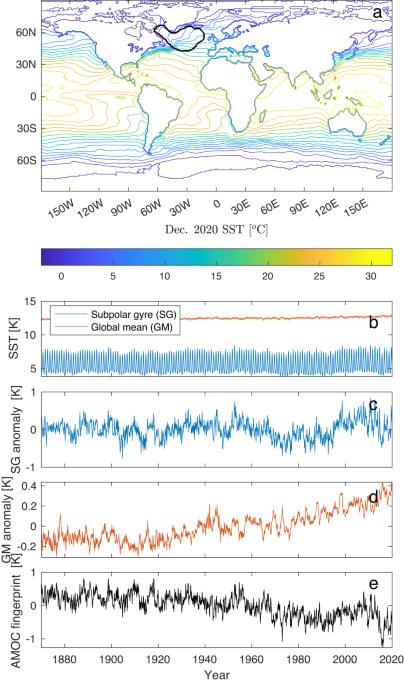Is the Ira Rubinoff Director of the Smithsonian Tropical Research Institute (STRI https://www.si.edu/about/bios/joshua-tewksbury), part of the Smithsonian Institution, the world’s largest museum, education, and research complex. He oversees more than 400 employees, with an annual budget of $35 million. Headquartered in Panama City, Panama, with field sites around the world, STRI furthers the understanding and public awareness of tropical biodiversity and its importance to human welfare. In addition to its resident scientists and support staff, STRI’s facilities are used annually by some 1,400 visiting scientists, pre-and postdoctoral fellows and interns from around the world.
Dr. Tewksbury is an ecologist with more than two decades of research in conservation and biodiversity, as well as nearly a decade of executive leadership experience at international research institutes.
Prior to his role at the STRI, Dr. Tewksbury was serving as Executive Director at Future Earth, a global research program dedicated to sustainability and global change, where he led a network of tens of thousands of scientists and managed a wide range of conservation research projects, staff, programs and partnerships.
In this role at Future Earth, Dr. Tewksbury oversaw dozens of interdisciplinary research projects, from assessing threats to biodiversity to understanding the relationship between human and environmental health. He has also founded initiatives like the Earth Leadership Program, which supported skills development for academic researchers working to address sustainability challenges. Previously, he was the founding director of the Luc Hoffman Institute, a global research center within World Wildlife Fund International focused on conservation science.
Dr. Tewksbury is also co-founder and executive editor of Anthropocene magazine, a publication that highlights sustainability solutions. He holds faculty positions at the University of Colorado at Boulder, Colorado State and George Mason University’s Department of Environmental Science and Policy. He also has an appointment as senior scholar with Colorado State University’s School of Global Environmental Sustainability and is a member of the National Academy of Sciences’ Board on Environmental Studies and Toxicology.
Over the course of his research career, Dr. Tewksbury has published more than 85 scientific papers on topics in conservation, climate change and natural history, including the relationships and diversity of tropical plants, animals and fungi. He holds a bachelor’s degree in field biology from Prescott College and a doctorate from the University of Montana in organismal biology and ecology.





